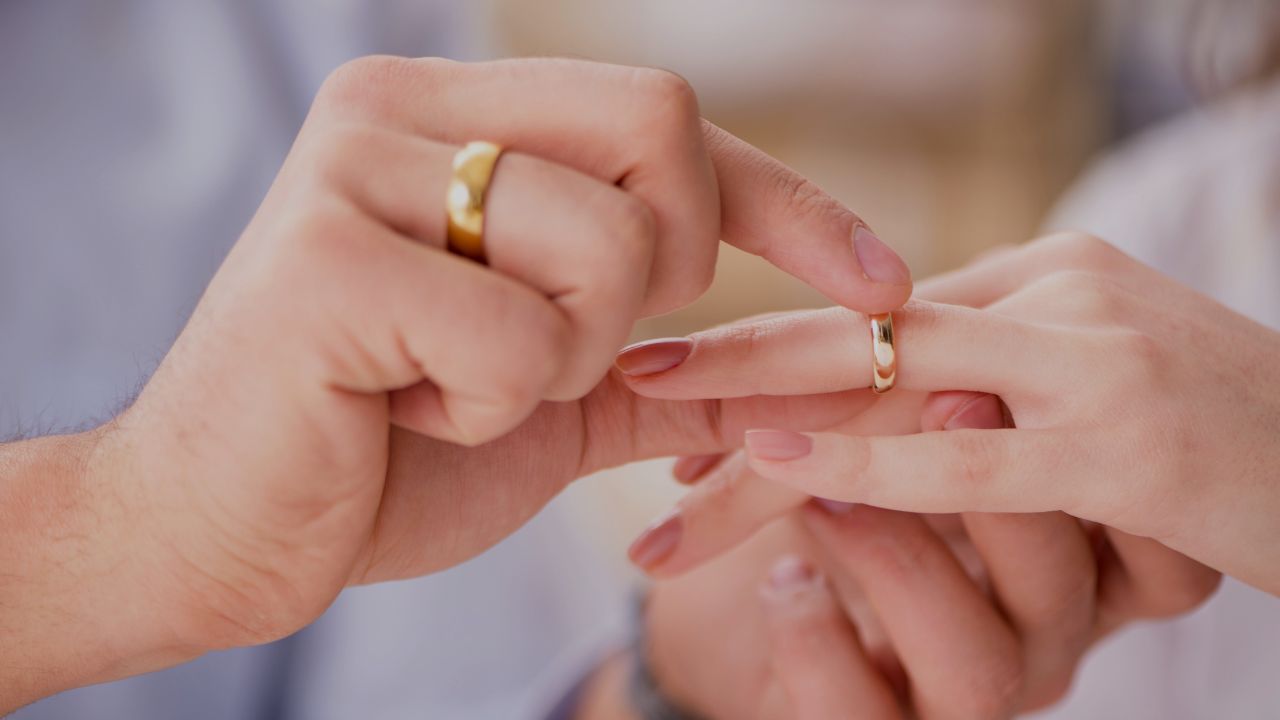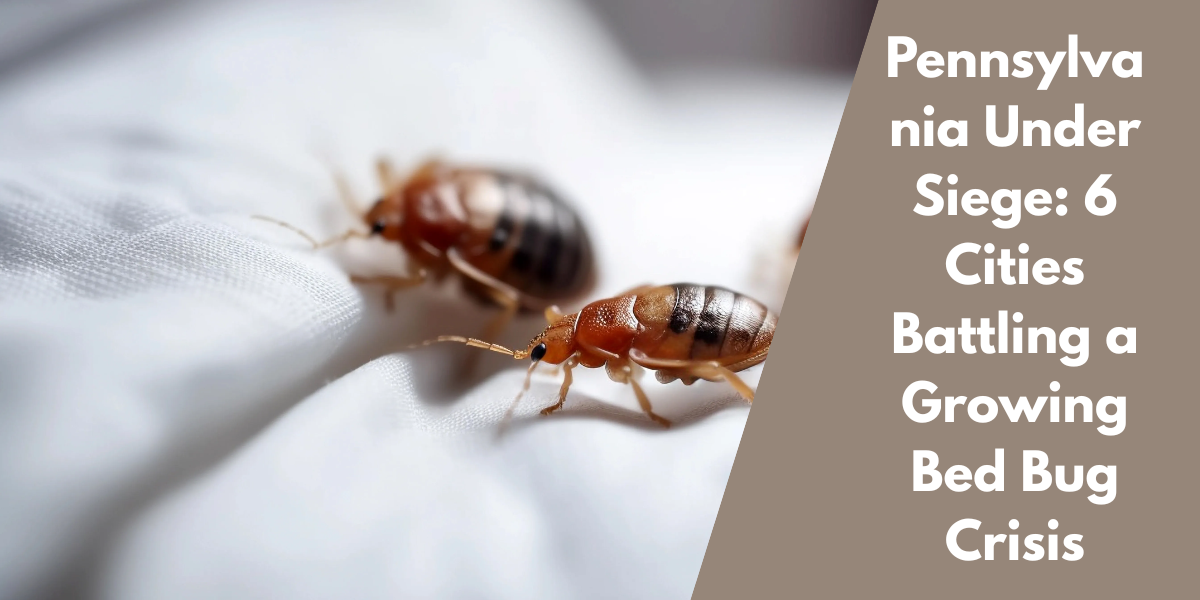Harrisburg, PA – Questions about cousin marriage laws often spark confusion, especially since rules vary widely across the United States. In Pennsylvania, however, the law is clear: marrying your first cousin is not allowed. Here’s a closer look at the legal status, historical background, and what happens if such a marriage takes place inside—or outside—the state.
What Pennsylvania Law Says
Explicit Prohibition
Pennsylvania marriage statutes explicitly state:
- “A man may not marry his first cousin.”
- “A woman may not marry her first cousin.”
This puts cousin marriages in the same legal category as other prohibited relationships, such as siblings or aunts/uncles with nieces/nephews.
Legal Status of Such Marriages
If two first cousins attempt to marry in Pennsylvania, the union is considered void under state law. This means the marriage has no legal standing and will not be recognized by Pennsylvania courts.
Historical and Legal Context
From Common Law to Prohibition
Historically, Pennsylvania did recognize cousin marriages under common law. That changed with the Act of 1901, which formally prohibited first cousins from marrying. Lawmakers at the time cited concerns about genetics and family integrity as reasons for the ban.
Void vs. Voidable
Although the statute labels such marriages as “void,” Pennsylvania courts often interpret them as voidable. In practice, this means that while the marriage is not legally valid, a couple might still need to go through formal legal steps—such as annulment or divorce proceedings—to resolve property, custody, or other disputes if they attempted to marry.
Out-of-State Cousin Marriages
Things become more complicated if Pennsylvania residents travel to a nearby state where first cousin marriage is legal, such as New Jersey or New York.
- General Rule: Pennsylvania usually recognizes marriages that are valid where they were performed.
- Public Policy Exception: However, if a marriage strongly conflicts with Pennsylvania’s public policy, the courts may refuse recognition.
This means that while some out-of-state cousin marriages might be honored in Pennsylvania, there is a significant risk that the marriage will not be recognized if challenged.
Read Also: Mississippi’s Law on Marrying Your Cousin: What Residents Need to Know
Is It a Crime in Pennsylvania?
According to the the Hop Town Press, Unlike certain states where cousin marriage may be criminalized, in Pennsylvania, there are no criminal penalties attached. Couples won’t face fines or jail time. Instead, the consequence is that the marriage itself has no legal effect.
Other Restricted Marriages
In addition to cousins, Pennsylvania prohibits marriages between:
- Parents and children
- Siblings
- Aunts/uncles and nieces/nephews
These relationships are considered incestuous marriages under the law, while first cousin marriage is treated as a separate category.
Read Also: Iowa Cousin Marriage Laws 2025: What You Need to Know
Key Takeaways
- First cousin marriages are illegal in Pennsylvania.
- Such unions are void or voidable, meaning they carry no legal recognition.
- Out-of-state cousin marriages may not be recognized if they conflict with Pennsylvania’s public policy.
- There are no criminal penalties, but couples will be denied legal rights.
What do you think about Pennsylvania’s stance on cousin marriage compared to neighboring states like New Jersey and New York? Share your thoughts in the comments at ibwhsmag.com.


 by
by 

